The Byzantine Empire: A Legacy of Resilience, Innovation, and Endurance
Introduction: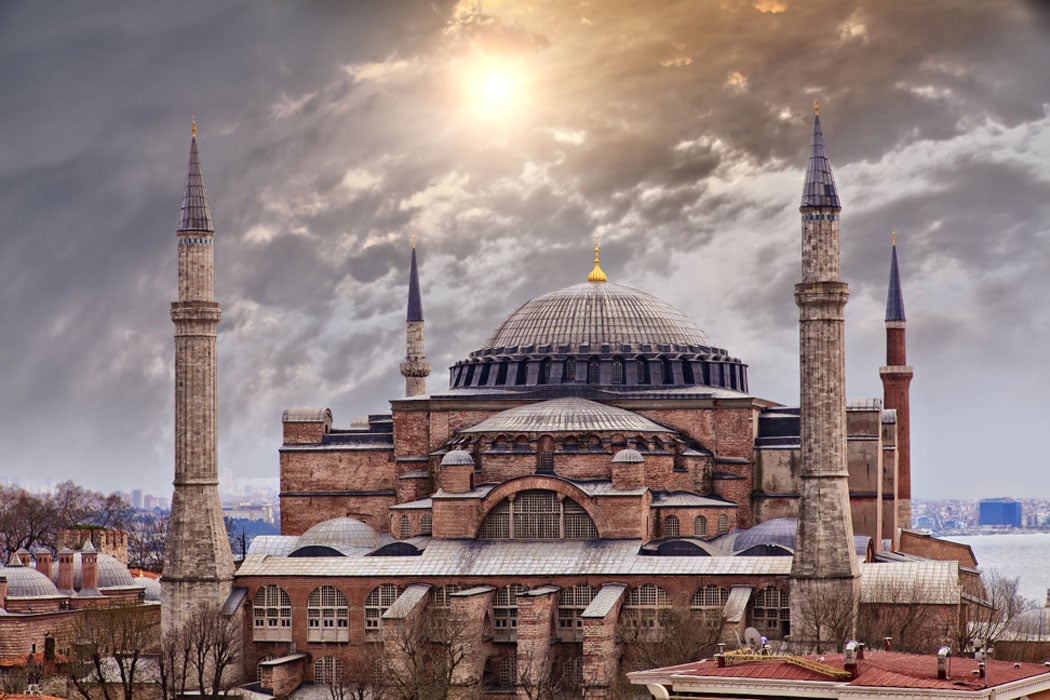
The Byzantine Empire, often overshadowed by its predecessors and successors, holds a unique place in history. Spanning over a millennium, its influence reached across continents, shaping the course of European, Asian, and African history. From its inception as the Eastern Roman Empire to its eventual fall in 1453, Byzantium left an indelible mark on the world stage. This article explores the intricate tapestry of the Byzantine Empire, delving into its political, cultural, and military dimensions, and elucidating its enduring legacy.
Origins and Foundation:
The Byzantine Empire emerged from the ashes of the Western Roman Empire's decline in the 5th century AD. Constantinople, strategically located at the crossroads of Europe and Asia, became the epicenter of this new realm. Established by Emperor Constantine the Great in 330 AD, the city served as the capital of Byzantium, symbolizing a shift in power from Rome to the East.
Politics and Governance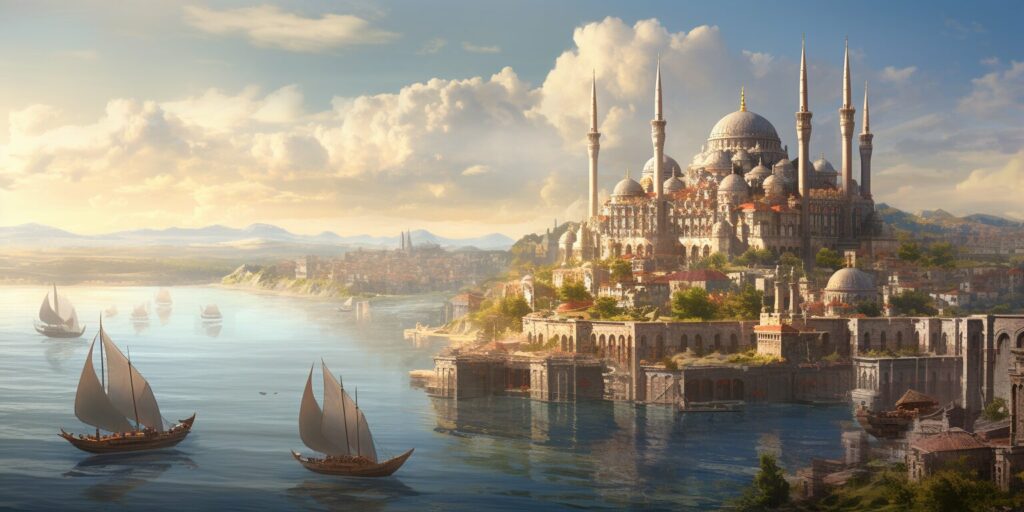
Byzantine governance was characterized by a unique blend of Roman administrative traditions and Greek cultural influences. The emperor, considered God's representative on Earth, wielded absolute authority, yet his rule was tempered by the bureaucracy of the imperial court. The Byzantine state was highly centralized, with a complex system of provincial administration ensuring effective control over vast territories.
Religion and Orthodoxy: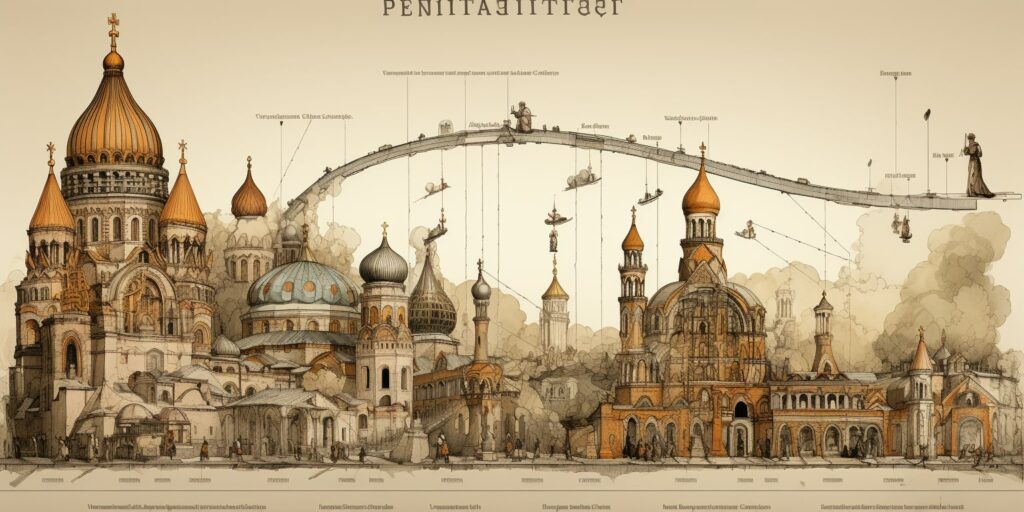
One of the defining features of Byzantine society was its adherence to Orthodox Christianity. The Byzantine Emperor, as both ruler and protector of the faith, played a pivotal role in shaping religious doctrine and practice. Iconoclasm, the debate over the veneration of religious images, underscored the close relationship between religion and politics in Byzantium, culminating in the eventual triumph of iconodulism.
Cultural Flourishing: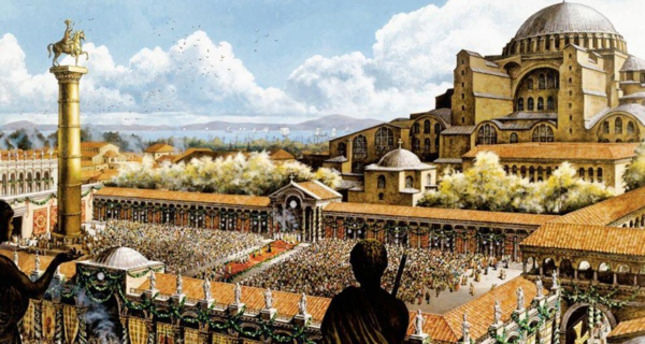
Despite periods of political upheaval and external threats, Byzantium experienced a cultural renaissance unparalleled in its time. The Byzantine Empire was a beacon of learning and scholarship, preserving and transmitting the knowledge of antiquity to future generations. From the construction of magnificent churches and palaces to the creation of exquisite mosaics and icons, Byzantine art and architecture reflected the empire's rich cultural heritage.
Economic Prosperity:
Trade, both overland and maritime, formed the lifeblood of the Byzantine economy. Constantinople, situated along key trade routes, became a bustling center of commerce, connecting Europe with Asia and Africa. The Byzantine Empire's control over lucrative trade networks enabled it to amass wealth and exert influence far beyond its borders, fueling its economic prosperity and political ambitions.
Military Might:
The Byzantine Empire's military prowess was the cornerstone of its survival in a hostile world. The Byzantine army, renowned for its discipline and innovation, employed a variety of tactics and strategies to defend the empire from external threats. The development of Greek fire, a highly flammable substance used in naval warfare, gave Byzantium a distinct advantage over its adversaries, ensuring its dominance at sea.
Decline and Fall:
Despite its resilience and enduring legacy, the Byzantine Empire eventually succumbed to internal strife and external pressures. The Fourth Crusade, which resulted in the sack of Constantinople in 1204, dealt a severe blow to Byzantium's power and prestige. Subsequent invasions by the Ottoman Turks further weakened the empire, culminating in the fall of Constantinople in 1453 and the end of Byzantine rule.
Legacy and Influence:
Though the Byzantine Empire may have ceased to exist as a political entity, its legacy endured long after its demise. Byzantine art, architecture, and literature continued to inspire subsequent generations, leaving an indelible mark on European culture. The Byzantine tradition of Orthodox Christianity also played a crucial role in shaping the religious and cultural landscape of Eastern Europe and the Balkans.
Beyond its cultural and religious contributions, the Byzantine Empire also left a lasting impact on the realm of law and governance. The Corpus Juris Civilis, or the Body of Civil Law, compiled under the sponsorship of Emperor Justinian I in the 6th century, remains one of the most significant legal codes in history. Its influence extended far beyond the borders of the Byzantine Empire, shaping legal systems throughout Europe and the Mediterranean world. Concepts such as codification, legal precedent, and the separation of powers laid the groundwork for modern legal principles and institutions.
Byzantine Diplomacy and International Relations: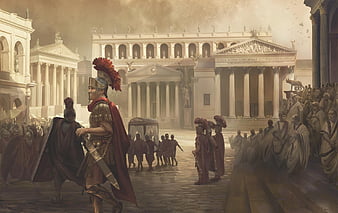
The Byzantine Empire's diplomatic acumen and strategic alliances were instrumental in navigating the complex web of international relations in the medieval world. Byzantine diplomats, skilled in the art of negotiation and compromise, forged alliances with neighboring powers while fending off threats from rival empires. The Byzantine diplomatic corps, known for its sophistication and versatility, played a crucial role in safeguarding the empire's interests and preserving its territorial integrity.
Byzantine Influence on Eastern Europe: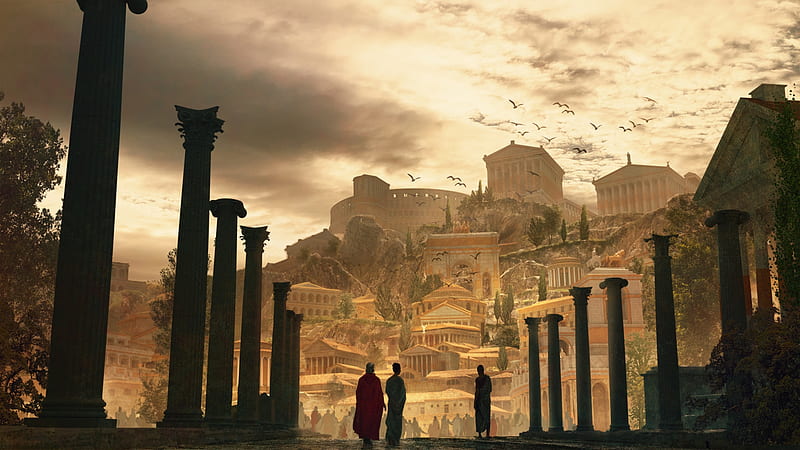
The Byzantine Empire's legacy looms large in the history of Eastern Europe, particularly in regions such as Bulgaria, Serbia, and Russia. Byzantine missionaries, scholars, and merchants spread Orthodox Christianity, Byzantine art, and Greek culture throughout the Balkans and beyond. The Cyrillic alphabet, devised by the Byzantine monks Cyril and Methodius in the 9th century, became the basis for Slavic literacy and language, shaping the cultural identity of Eastern Europe for centuries to come.
Modern Perspectives on Byzantium:
In modern times, Byzantium continues to captivate the imagination of scholars, artists, and enthusiasts alike. The Byzantine Empire's complex political intrigues, religious controversies, and military exploits provide fertile ground for academic inquiry and creative expression. Contemporary historians, drawing upon archaeological evidence, textual sources, and interdisciplinary approaches, continue to uncover new insights into Byzantine society and culture, shedding light on its enduring relevance in the modern world.
Conclusion: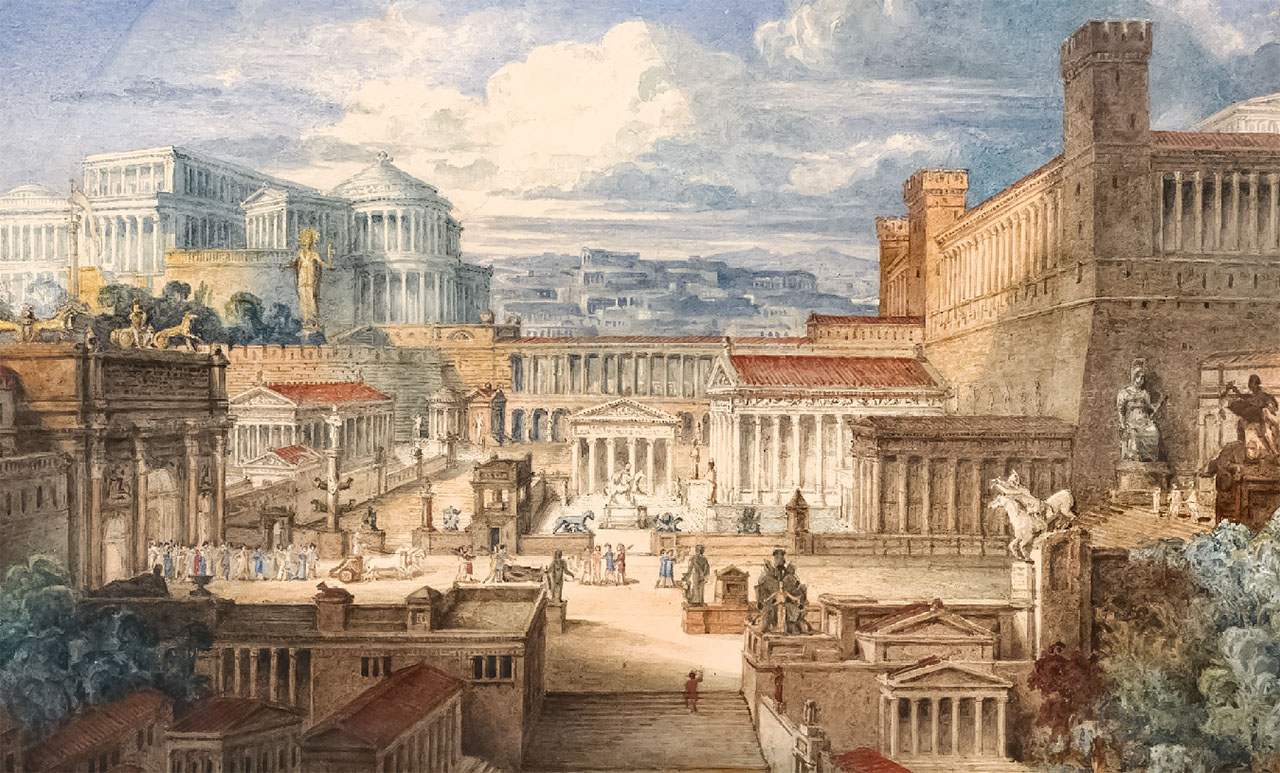
The Byzantine Empire, with its rich tapestry of history, culture, and legacy, occupies a unique place in the annals of human civilization. From its humble beginnings as a successor state to the Roman Empire to its eventual demise at the hands of the Ottoman Turks, Byzantium left an indelible mark on the world stage. Its enduring legacy, spanning over a millennium, continues to shape the cultural, religious, and political landscape of Europe, Asia, and Africa. As we reflect on the legacy of Byzantium, we are reminded of the resilience, innovation, and endurance of a civilization that defied the odds and left an enduring imprint on the pages of history.






































